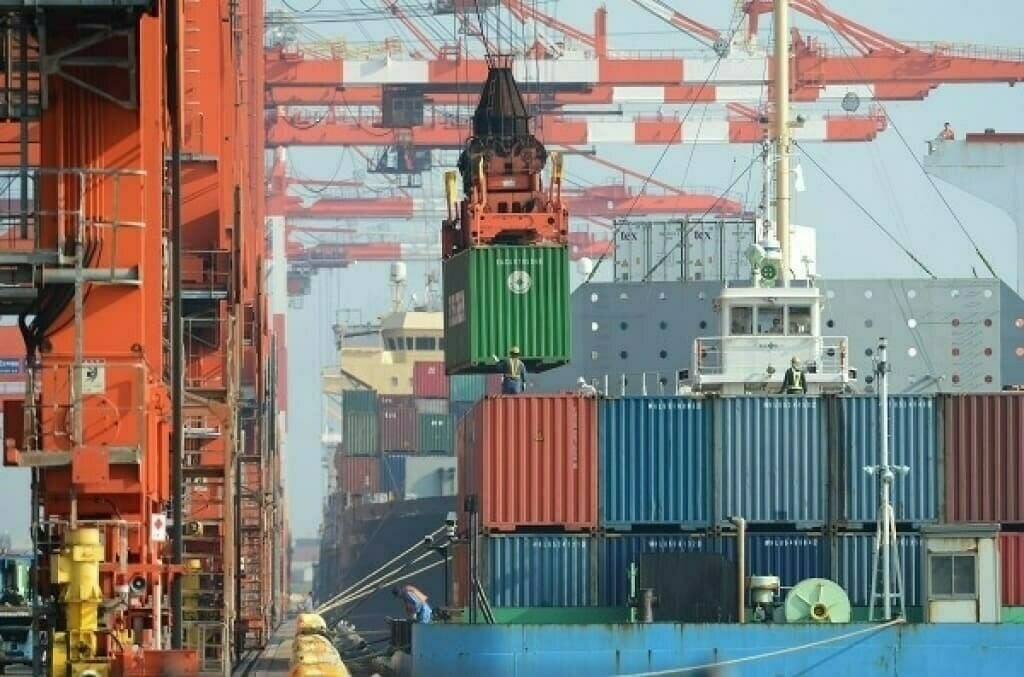PTBP Web Desk
The Auditor General of Pakistan (AGP) has delivered a stern critique of the Board of Investment (BoI), highlighting the Board’s repeated inability to meet its ambitious targets for attracting foreign direct investment (FDI) in Pakistan. The AGP’s observations came during a session of the Public Accounts Committee’s (PAC) sub-committee, chaired by Muhammad Moin Aameer Pirzada, which reviewed audit paras concerning the BoI spanning the fiscal years 2011-12, 2012-13, and 2014-15 through 2022-23.
According to the AGP, the Board of Investment has consistently failed to achieve its self-defined objectives, particularly those outlined in the BoI’s 2019 action plan. The plan ambitiously aimed to raise Pakistan’s investment-to-GDP ratio to 20 percent within a three-year period, a goal that now appears increasingly unattainable. Despite this strategic blueprint, Pakistan continues to witness stagnant FDI inflows, raising serious concerns about the Board’s effectiveness as the country’s apex investment promotion agency.
The audit paras, covering more than a decade of operations, paint a stark picture of underperformance. While the BoI has frequently cited global and domestic challenges, such as energy shortages, security concerns, and regulatory hurdles, the AGP report suggests these issues have become convenient excuses for failing to deliver tangible results. The data shows a persistent decline in net FDI inflows, particularly when compared with the relatively stable investment environment between 2015 and 2018.
The report emphasizes that despite the BoI’s attempts to project a more positive narrative, the “huge decline” in FDI inflows reflects deeper structural flaws in the Board’s strategy, policy implementation, and execution.
In its defence, the BoI has cited a gradual increase in FDI during the 2013–2017 period. However, with continued downward trends in investment flows in subsequent years, these claims have been widely questioned. The Board’s mandate, originally established under the 2001 Ordinance and reinforced by the 2013 Investment Policy, is clear: it must facilitate local and foreign investment while removing barriers that impede economic growth.
The AGP’s findings indicate that the BoI has failed to fulfill these fundamental responsibilities, prompting concerns about whether it remains an active promoter of investment or has become a passive observer amid Pakistan’s economic challenges.
Reacting to the AGP report, the PAC panel expressed clear disappointment with the BoI’s inability to attract meaningful FDI. The committee has demanded a detailed briefing from the Board, covering the activities outlined in audit reports from 2011-12 to 2022-23. This move signals growing scrutiny over the agency’s performance and raises questions about future policy reforms aimed at boosting investor confidence.
Foreign direct investment plays a pivotal role in Pakistan’s economic development, providing capital for infrastructure projects, industrial growth, and job creation. With FDI inflows failing to meet targets, Pakistan risks losing out on crucial opportunities to strengthen its economic base. Experts argue that without a strong, transparent, and results-driven approach from the BoI, investor confidence will remain weak, potentially impacting the country’s long-term economic prospects.
The AGP’s critique underlines the need for immediate strategic reforms in the Board of Investment. Recommendations include improving transparency, establishing measurable performance indicators, enhancing investor facilitation services, and actively addressing bottlenecks that hinder foreign investment. International investors often assess the reliability and efficiency of a country’s investment promotion agency before committing funds, making effective performance by the BoI crucial for Pakistan’s economic competitiveness.
The coming weeks are expected to see intense discussions between the PAC and BoI officials as the Board prepares to present a comprehensive account of its activities over the past decade. How the BoI responds to these criticisms could play a defining role in Pakistan’s ability to attract FDI and achieve sustainable economic growth in the near future.
For more updates on Pakistan’s investment climate and economic reforms, visit Ministry of Investment Pakistan
or explore insights from the State Bank of Pakistan on FDI trends




